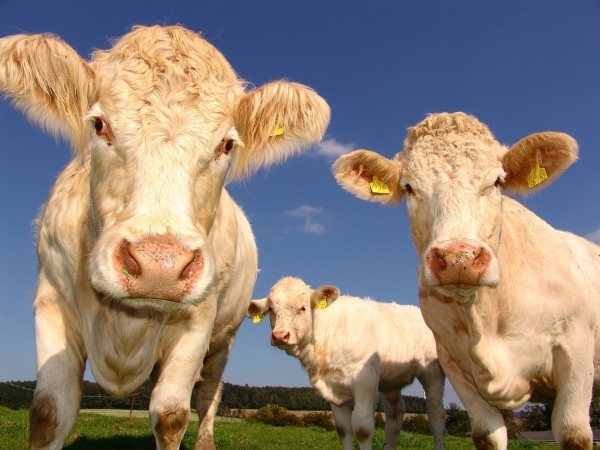A Curtin University study has revealed breeding less-flatulent cows and restoring agricultural land could significantly reduce rising methane emission levels, which play a considerable role in climate change.
A Curtin University study has revealed breeding less-flatulent cows and restoring agricultural land could significantly reduce rising methane emission levels, which play a considerable role in climate change.
The food system, including grazing animals such as cows, generates major sources of methane mainly due to cattle digestion, manure decomposition and land use for grazing.
To look for solutions, researchers from the Curtin University Sustainability Policy Institute analysed 27 academic publications and identified dozens of potential strategies to reduce methane emissions from Australia’s beef and dairy sectors.
Study lead Merideth Kelliher said the fastest way to lower methane emissions would be to convert farmland into wetlands and forests, however there was a lot of scope for improvement by altering the operations of the dairy and beef sectors.
Read more at Curtin University
Photo Credit: Peggy_Marco via Pixabay




